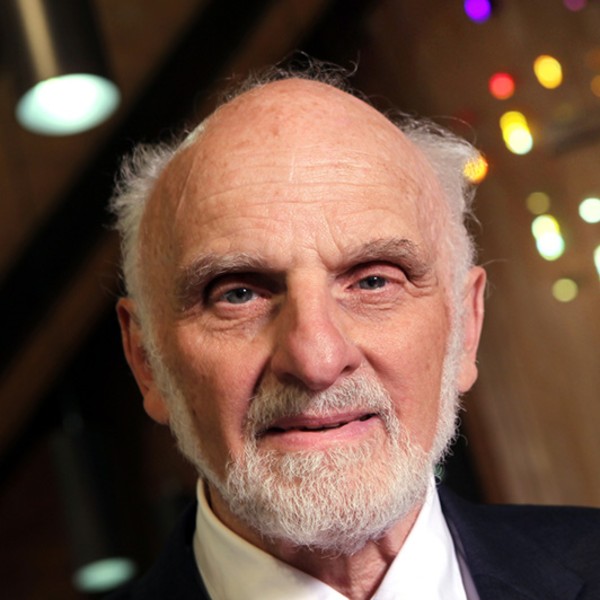When he died at the ripe young age of thirty-three, after conquering much of the known world, Alexander “the Great”* (356-323 B.C.) seems to have been a very lonely soul indeed.
In just five years he had murdered his dear friend Cleitus in a drunken quarrel, sentenced his philosopher-friend Callisthenes to death for conspiracy, and, most tragically, lost his lover Hephaestion to a bout of hard-drinking. At the time of his death, his own mother Olympias was a thousand miles away.
While it is easy to attribute Alexander’s losses to blind chance, vast ambition, or crescent paranoia, they nevertheless illuminate some of the fundamental problems of friendship for leaders. According to Aristotle’s “Nicomachean Ethics,” kings do enjoy friendship with their subjects. This relationship consists of the king’s benefactions to his subjects and the gratitude felt in return. But friendship is much more: it involves sympathy, shared interest, good counsel, and intimacy. Friends reveal themselves to each other and see themselves in each other. Could Alexander have had this kind of friendship?
Many great leaders in the ancient world tried to let their hair down from time to time and “be themselves.” Drinking parties in the midst of a long campaign became the theater for such self-exhibition, but the friendships that materialized were often problematic. Friends in this context were not typically the wisest, and, given even unofficial influence, could easily taint the leader’s judgment with flattery and deception. The Roman Mark Antony seems to have had especial problems with such friendships. Even when their intentions were good, friends could be corrupted by others, or engage in petty rivalries with other friends close to the leader.
To remedy these dubious friendships, the leader needed sensible advisers, immune to folly. Enter the philosopher.
Alexander first had Aristotle, then Callisthenes, but both fell out of favor because their moral strictures sounded too much like criticism verging on insubordination. For all their wisdom, philosophers struggled in vain to sympathize with the inducements to vanity and luxury that leaders regularly faced. After all, a philosopher was not supposed to care about anything but wisdom and virtue. Thus when Alexander murdered Cleitus and was grief-stricken for his reckless act, Callisthenes is said to have spoken to him in very severe language, whereas the sophist Anaxarchus reassured the king that as a descendant of Zeus he was in fact above any law and need feel no grief. Predictably, Callisthenes soon fell out of favor and Alexander, though consoled, began to have delusions of grandeur.
To supplement the philosopher-friend, the leader should truly have a friend with the sympathy and commensurate talents of a kindred spirit, a second self, someone who fully knew the stresses and temptations of being great. Enter Cleitus, a proud, noble Macedonian, a great warrior and comrade on many a campaign. Unfortunately there is a tragic paradox here, too: the person most likely to sympathize with a leader’s experiences, qua leader, is also his greatest rival. Whenever he confessed his stresses and frustrations, the leader could be perceived as vulnerable. Thus such a figure is left searching for a friend who is at once sociable, wise, and highly sympathetic. Yet this would-be friend could always invite the enmity-inducing question, “why isn’t that one the leader instead of this one?”
Rather than present my own emerging theories as to how great leaders can find true friendship (which Aristotle says is a necessary component to happiness), I would like to elicit input from readers. How would you solve the problems above? If it turns out that great leaders are incapable of true friendship, what are they to do? Should they take consolation in something other than true friendship, for example, glory or the affection of their followers? What are we to do? Should we do away with the notion of great leadership altogether?
*Note: I use ‘great’ not morally, but neutrally to describe a leader with a broad constituency or the authority to influence events on a grand scale.]
Norman Sandridge teaches ancient history at Howard University in Washington, DC.






